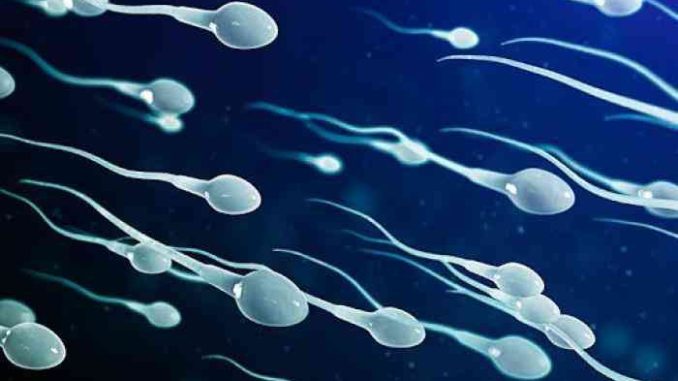
The bill before the House of Representatives is titled the “Health Care Administration and Control Bill.”
The twelve-part bill:
- About general health care,
- About health service delivery,
- about special health services;
- Human resource development and management in the health sector;
- It has 60 articles on health and health-related institutions and the supervision of health professionals.
One of the health services listed in the fourth section of the decree, which deals with special health services, is technology-assisted reproductive medicine services.
The clause included under this sub-section states that “a licensed health facility may provide technology-assisted reproductive treatment services” which states that the treatment is permitted by law.
The explanation of the draft decree, which pointed out that “donation of field fruit… was not previously authorized by law”, explained that this draft decree includes “a detailed provision that stipulates that the donation can be carried out and the procedure for carrying it out”.
The “Food, Drug and Health Care Administration and Control” Regulation issued by the Council of Ministers eleven years ago;
It has been established that licensed institutions can provide artificial medicine.
The provision of the decree states that “artificial reproduction treatment can be administered by a health facility and a health professional licensed by the appropriate body.”
Although the regulation does not place restrictions on seed donation, it does not mention that it is clearly allowed by law.
The bill presented to the House, on the other hand, states that sperm donation can be done and what the process should be.
According to the draft, sperm collection can only be done at a special institution of the Ministry of Health.
It is stipulated in the draft that anyone can donate his sperm to the institution identified by the ministry.
Despite this provision of the decree, the draft stipulates that sperm will be taken from donors “only when it is medically proven that it will not cause serious harm to them”.
It is stated in the draft that “donating, collecting or selling seeds” is prohibited except in accordance with the provisions of the draft decree.
It states that sperm obtained from an authorized sperm collection facility can be provided to clients in need of assisted reproductive technology services.
In this medical service, it states that “married couples who have a child become the legal parents of the child to be born.”
It stipulates that assisted reproductive technology services can only be provided under four mandatory conditions.
Accordingly:
➡️ The users of the service are legally married and must provide proof of this from the relevant party.
➡️ “When it is confirmed by an expert in the field that they cannot have a child in a natural way,” it is settled.
➡️ It must be confirmed by a medical professional that the treatment given can have a positive effect and does not cause harm to the health of the user.
➡️Requiring “informed written consent to access the service” from the spouses.
In addition to this, even if the couple is able to have a child naturally;
“If it is confirmed by an expert that giving birth will cause serious damage to their health, they can get the treatment,” he said in the draft.